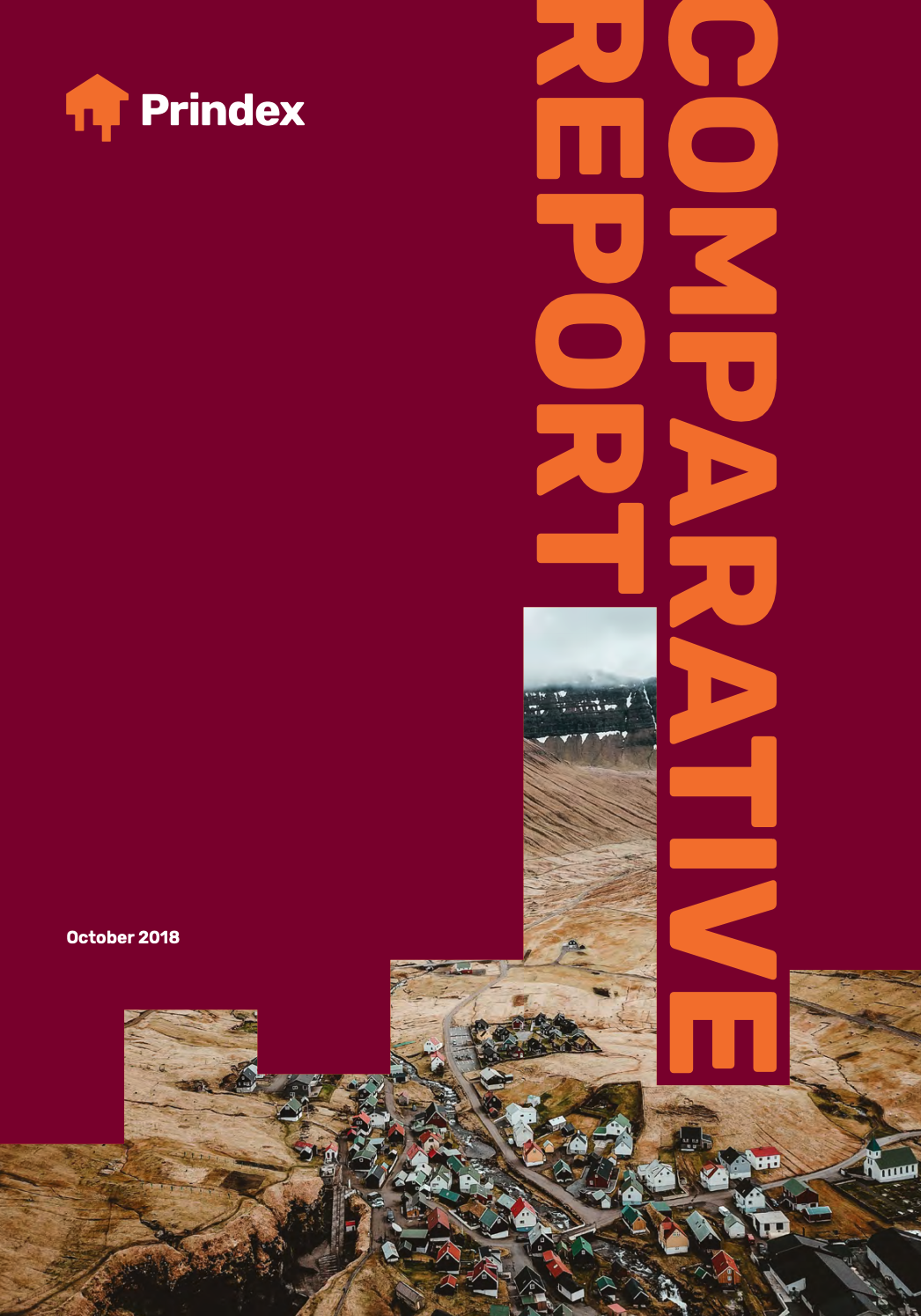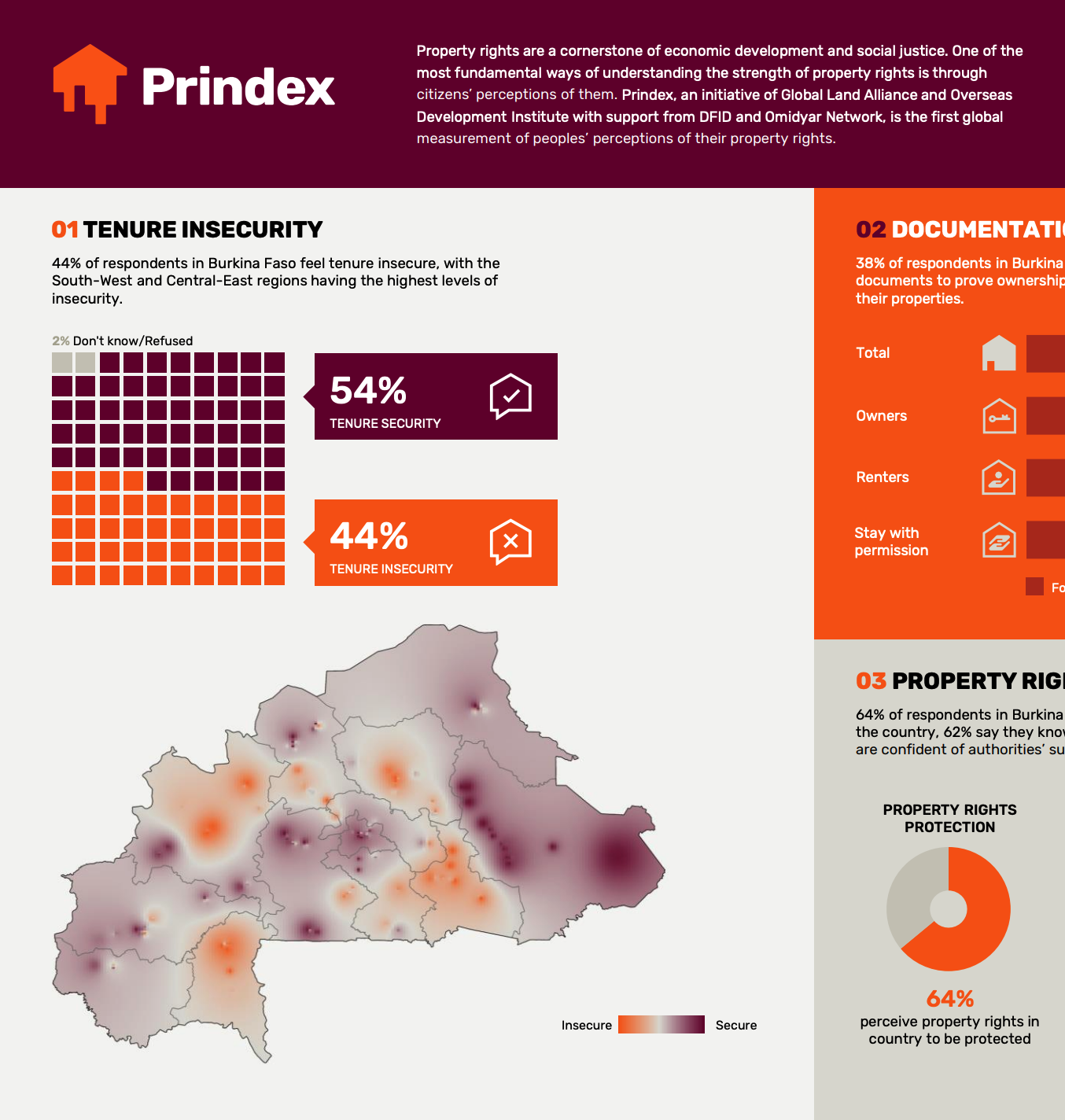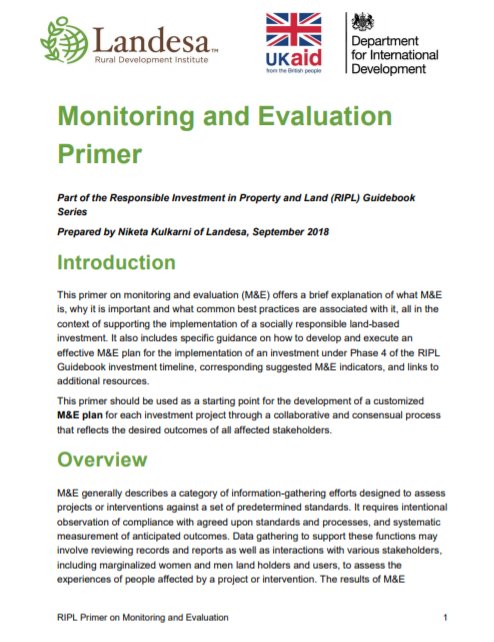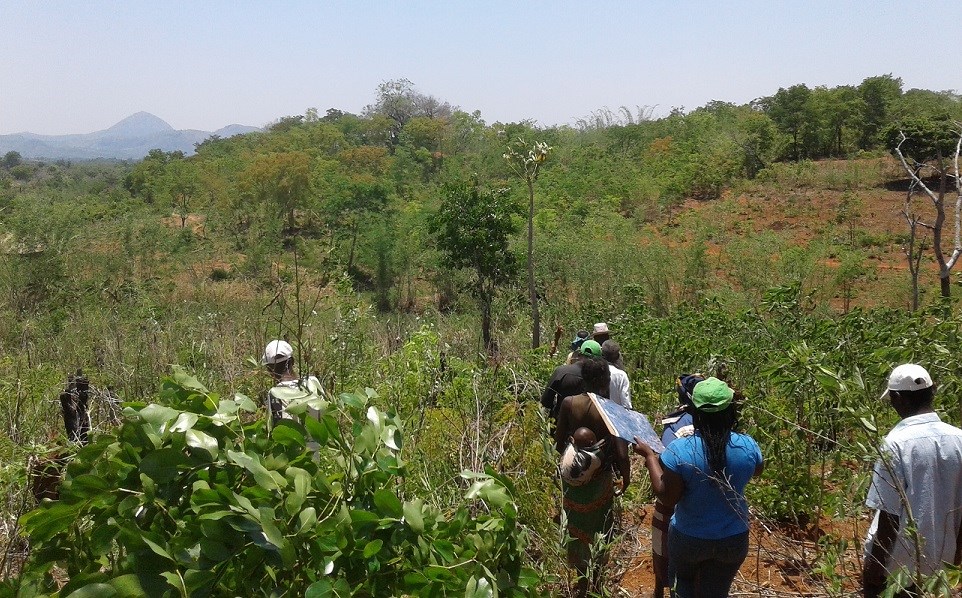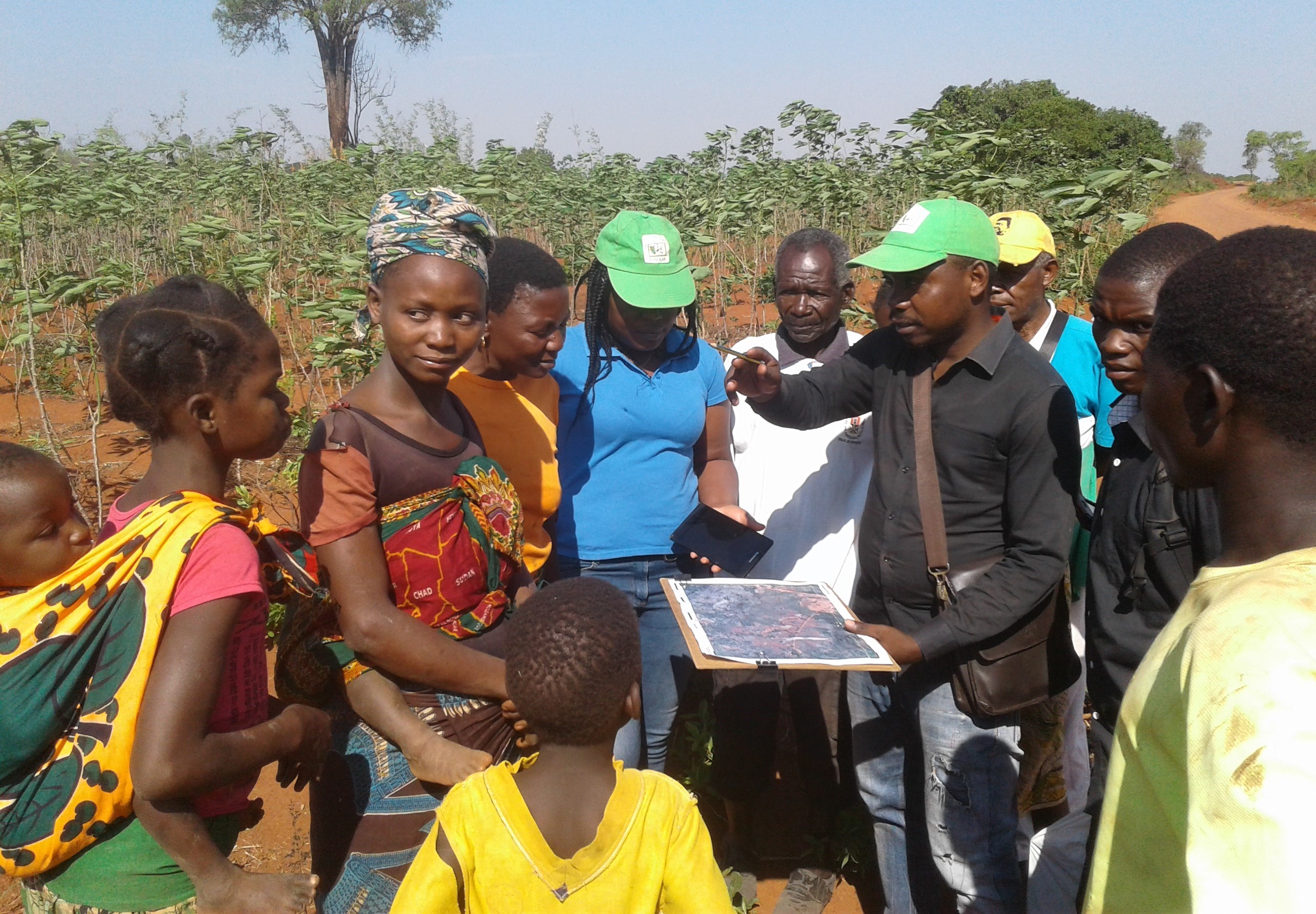Assessing tenure risk in African sugar
Land disputes associated with Africa sugar often lead to long and costly delays. Our research finds 46% of disputes last over 10 years – and half of these are still unresolved today. In serious cases, disputes close projects down and severely reduce market access. Companies are failing to mitigate these serious risks because they lack the tools and data to make the business case for action.

